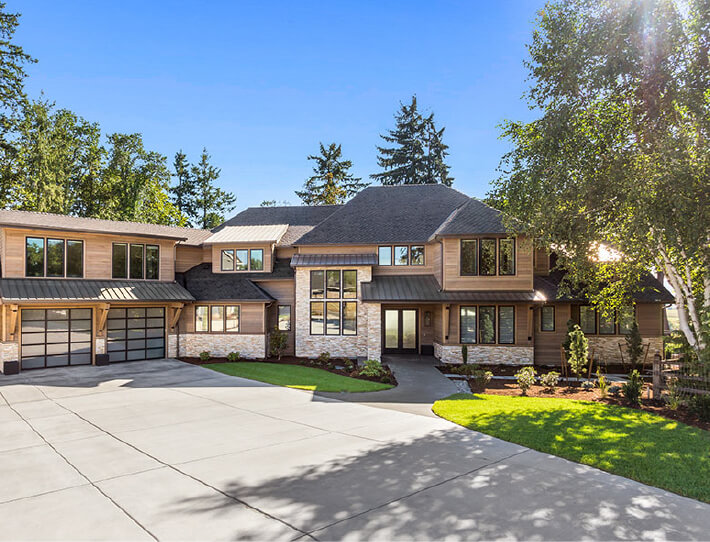Featured Properties

Trust the Team With Experience
At Team Isshak, we have our finger on the pulse of the local Windsor-area luxury real estate market. We can help you focus your property search so that you get exactly what you need, with all the features you deserve.
We’ll help you filter your search by location, price, by number of bedrooms or bathrooms, time on the market – whatever criteria you value most. We can even keep you updated on high-end listings that have recently reduced their asking prices. With Team Isshak, find anything from detached single-family homes to luxury condos with all the amenities you would expect.
Contact Us
Mortgage Calculator
Use our mortgage calculator to help you estimate your monthly payments and what you can afford. Buying a house is the largest investment of your lifetime, and preparation is key. With our home loan calculator, you can play around with the numbers including the loan amount, down payment, and interest rate to see how different factors affect your payment.
Knowing what you can afford is the first step in buying a home. It puts you well ahead of the competition. You can talk to lenders and understand the numbers they throw at you and know what you’re comfortable paying each month.
Buying a home and taking out a mortgage isn’t just about the interest rate – it’s about the big picture. Use our mortgage calculator to see that big picture so you know what you’re getting into since a mortgage is a long-term commitment, sometimes as long as 30 years.


